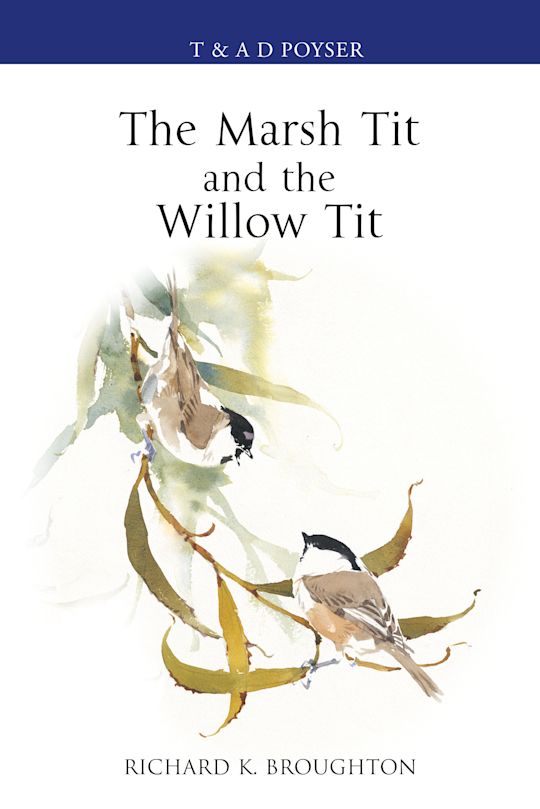In a Nutshell:
The Islamic Golden Age is traditionally dated from the 8th century to the 13th century, a period marked by flourishing scholarship, scientific discovery, cultural exchange and economic prosperity in the Islamic world.
Table of Contents
- In a Nutshell
- Introduction
- Quranic Verses
- Ahadith
- Companions’ Opinions
- Traditional Scholars’ Quotes
- The Islamic Golden Age Analysis
- 5 Misconceptions about the Golden Age
- 5 Objections to the Concept of a Golden Age
- FAQs on the Islamic Golden Age
Introduction
The Islamic Golden Age stands as a remarkable testament to the intellectual and cultural brilliance that blossomed within the Islamic world. During this period, Muslim scholars, scientists, artists and engineers made groundbreaking contributions that not only shaped the course of Islamic civilization but also left an indelible mark on global history.
Evidences
Quranic Verses
“Say, ‘Are those who know equal to those who do not know?'” (Quran 39:9)
“Allah will exalt those who believe among you and those who were given knowledge in high degrees.” (Quran 58:11)
Hadiths:
“Seek knowledge, even if you have to go to China.” (Sahih al-Bukhari)
“The ink of the scholar is holier than the blood of the martyr.” (Sunan Ibn Majah)
Traditional Scholars’ Quotes
Imam Ibn Khaldun (ra), a renowned Islamic scholar, observed, Science thrives only in affluent societies that value its pursuit. This quote by a prominent scholar highlights the connection between a strong economy and the flourishing of knowledge.
The Islamic Golden Age Analysis
The Islamic Golden Age is generally dated from the 8th to the 13th centuries, though some scholars propose slightly different timeframes. This period coincided with the reigns of the Abbasid Caliphate, particularly during the time of Caliph Harun al-Rashid (786-809 CE). The establishment of the House of Wisdom in Baghdad, a center for translation and scholarly exchange, played a pivotal role in igniting this golden age.
Here’s how the evidences provided weave together to paint a picture of the Golden Age:
- The Quran’s emphasis on knowledge and the ahadith of the Prophet (pbuh) encouraging scholarship created a fertile ground for intellectual pursuits.
- The companions’ emphasis on acquiring knowledge from any source further fueled this intellectual curiosity.
- The economic prosperity during the Abbasid Caliphate, as highlighted by Ibn Khaldun, provided the resources and stability necessary to support scholarly endeavors.
The House of Wisdom became a beehive of activity, attracting scholars from across the Islamic world and beyond. They translated ancient Greek, Persian and Indian texts into Arabic, preserving and disseminating knowledge in various fields like mathematics, astronomy, medicine and philosophy.
Muslim scholars not only translated existing knowledge but also made significant original contributions. They developed groundbreaking concepts in algebra, trigonometry, optics and medicine. Their advancements in engineering and architecture led to the construction of magnificent mosques, hospitals and irrigation systems.
This period also witnessed a flourishing of Islamic arts and literature. Beautiful calligraphy, intricate geometric patterns and captivating poetry blossomed under the patronage of caliphs and scholars.
The Islamic Golden Age’s impact extended far beyond the Muslim world. Their translations and scientific discoveries were later transmitted to Europe, laying the groundwork for the European Renaissance.
5 Misconceptions about the Islamic Golden Age
The Islamic Golden Age was solely about preserving Greek knowledge.While the translation of Greek texts played a significant role, Muslim scholars also made original contributions in various fields, advancing knowledge beyond the works of their predecessors.
It was a period of uniform progress across the entire Muslim world.The Golden Age was primarily centered in major urban centers like Baghdad, Cordoba and Cairo, which experienced the greatest intellectual and economic growth.
Religion and science were incompatible during the Golden Age.Islamic faith served as a driving force behind the pursuit of knowledge, with scholars viewing science and philosophy as tools to better understand the divine creation.
The Golden Age was free from internal conflict.While the period saw remarkable achievements, it also witnessed political tensions and theological debates. However, these challenges did not completely halt intellectual progress.
The Golden Age abruptly ended with the Mongol invasion.While the Mongol siege of Baghdad in 1258 CE inflicted a significant blow, scholarly activities continued in different parts of the Muslim world, albeit not at the same level.
5 Objections to the Concept of a Golden Age
The term Golden Age romanticizes the past and obscures complexities. Scholars acknowledge there were periods of decline and stagnation within the vast expanse of Islamic history.
The focus on the Golden Age marginalizes earlier and later contributions by Muslim scholars. It’s important to recognize that intellectual pursuits continued beyond the traditionally defined time period.
The concept of a Golden Age reinforces a Eurocentric view of history. This view tends to diminish the historical contributions of other civilizations.
The focus on scientific and intellectual achievements ignores the social and political realities of the times. While the Golden Age saw remarkable scholarly advances, it’s equally important to acknowledge the social and political complexities of that era.
The Golden Age primarily benefited the elite and had a limited impact on the lives of ordinary people. It’s essential to consider the social implications of these advancements and how they may or may not have directly improved the lives of the populace.
FAQs on the Islamic Golden Age
- Was the entire Muslim world a center of intellectual achievement during the Golden Age?
- How did the Islamic Golden Age contribute to the European Renaissance?
- Did non-Muslim scholars participate in the scholarly activities of the Golden Age?
- Are there any ongoing efforts to revive the spirit of the Islamic Golden Age in the modern world?
Conclusion
The Islamic Golden Age serves as a testament to the tremendous potential of human intellect and the power of faith as a catalyst for knowledge and progress. The emphasis on knowledge within Islamic teachings, a thriving economy under the Abbasid Caliphate and the establishment of centers of learning like the House of Wisdom in Baghdad created the perfect environment for flourishing scholarship.
While the Golden Age had its own share of complexities and challenges, it remains an undeniable period of intellectual brilliance and innovation. Muslim scholars, scientists, philosophers and artists from diverse backgrounds collaborated, preserving knowledge from past civilizations while also making invaluable contributions that continue to shape the world we live in today.
The legacy of the Islamic Golden Age challenges us to foster an environment conducive to knowledge, innovation and scholarly exchange. It inspires us to bridge the perceived divide between faith and reason and to embrace the pursuit of knowledge as a means to better understand ourselves, our world and the divine.
#golden #age #Islam


